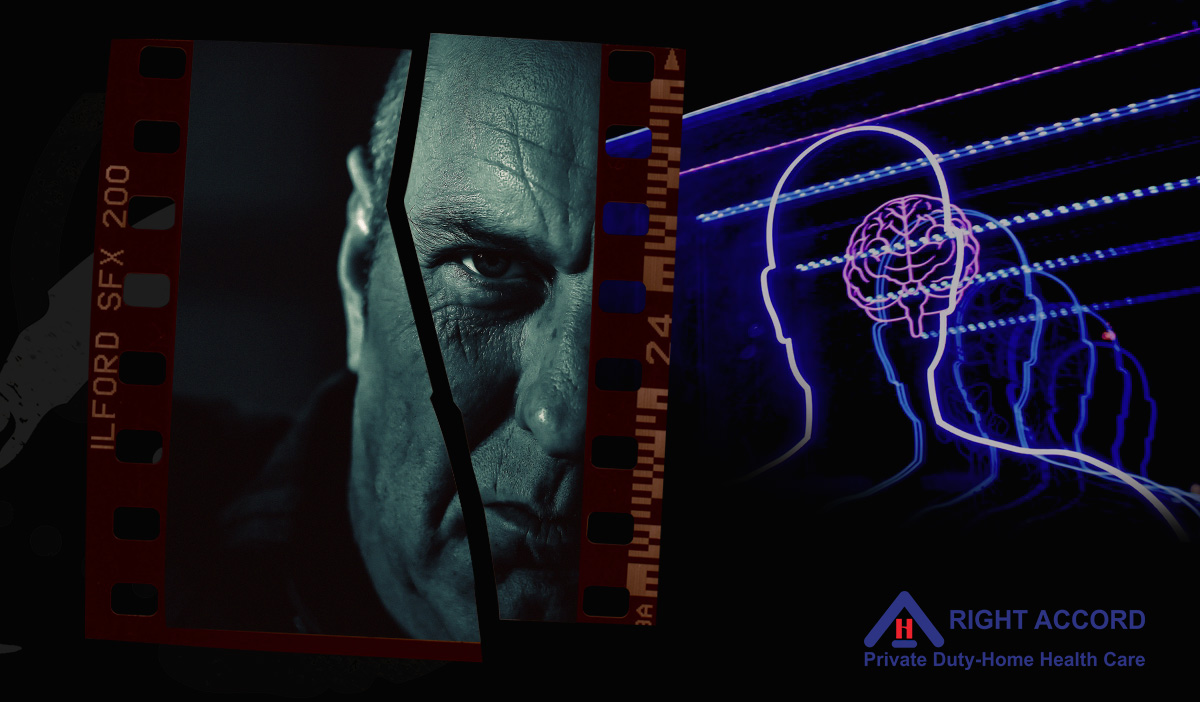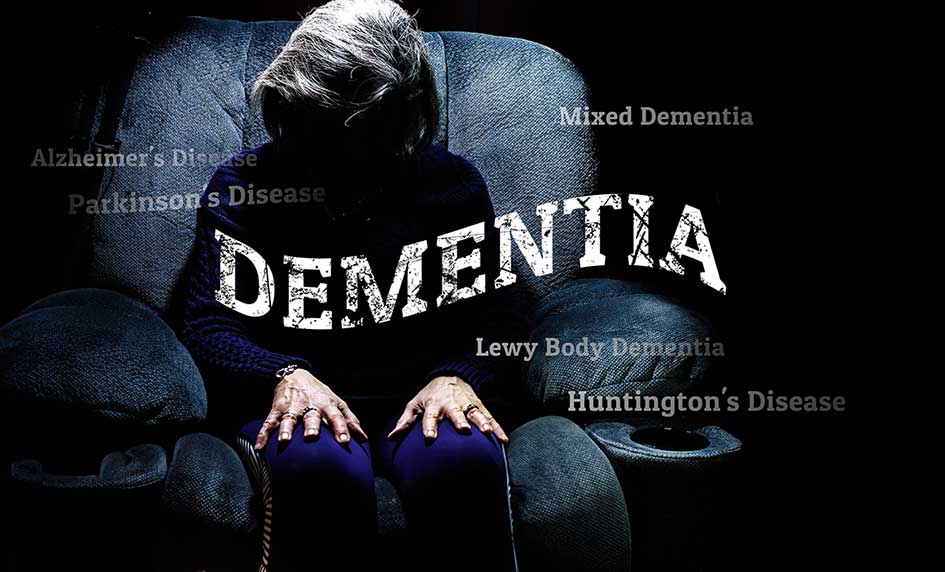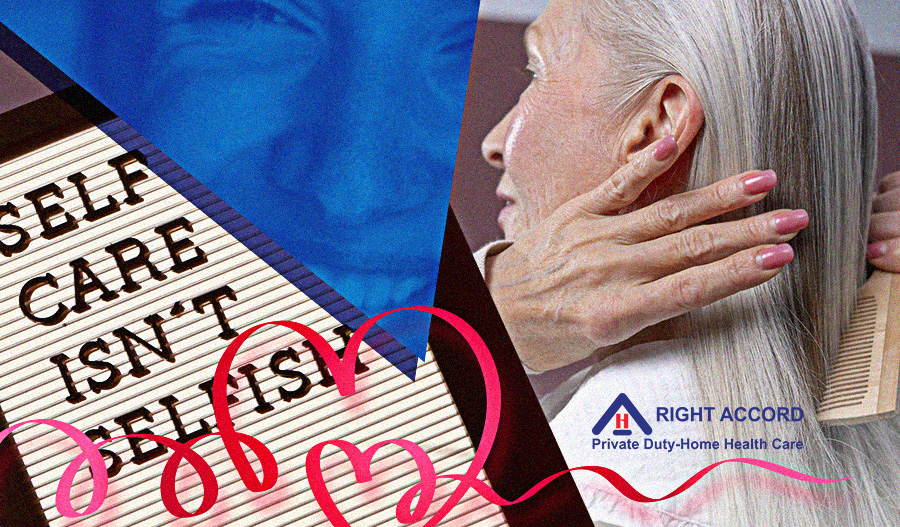· 7 min read
Lockdown Effects and Is There a Cure for Parkinsons Disease in 2021?
April 11 is World Parkinson’s day. And during lockdown, there is hope that a cure will finally emerge and Parkinson’s disease will become a thing of the past.
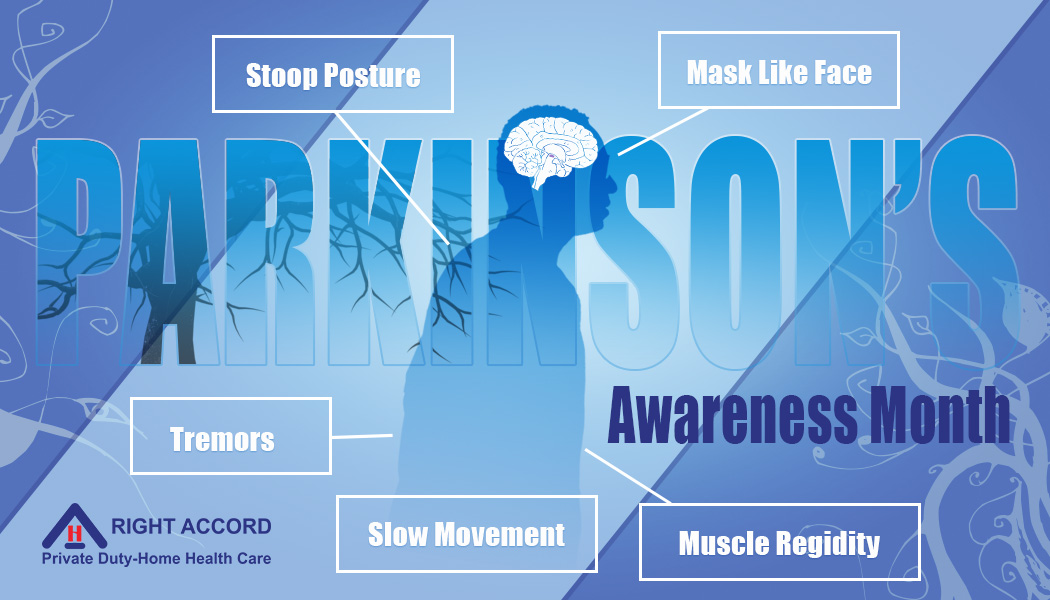
By: Rosemarie Tamunday Casanova — RN, BSN, MHA
With a global burden in health costs of $23 billion and 10 million people affected worldwide, Parkinson’s disease is worth every awareness it gets and even more. This year alone, 1 million more people will be diagnosed with Parkinson’s disease.
It also accounts for over 100,000 deaths each year, with the death rate higher in men who have a 1.5 times higher chance of being diagnosed with the condition. It is mostly seen in elderly people although there are rare cases of early onset in some persons. Deaths from the disease usually happen within 7 – 15 years of diagnosis.
The past one year has been unique in its own way and generally challenging for most people, with the COVID 19 pandemic hitting the globe and forcing the hands of governments and institutions to resort to strict lockdown measures in order to reduce the rate of spread of the virus. This however, has made many people isolated and sedentary.
More so, for individuals with health challenges who would require special care and attention, this has indeed morphed into a herculean task.
This year’s awareness for Parkinson’s disease attempts to bring to the fore these peculiar challenges that people living with Parkinson’s disease have had to face as well as sensitize the public on the condition itself.
WHAT IS Parkinson’s DISEASE?
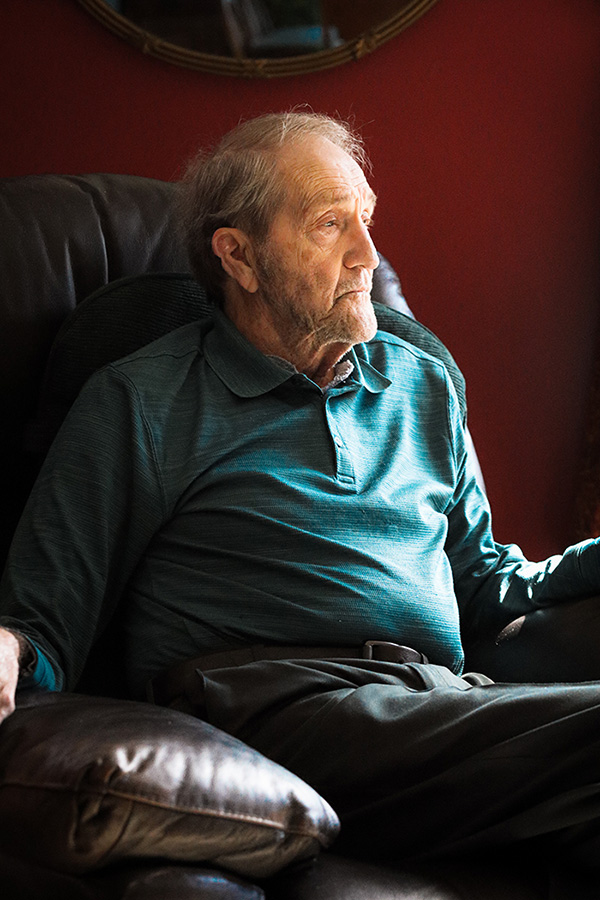
Photo by Annie Spratt on Unsplash
Parkinson’s is a condition that affects the nerves in the brain, otherwise known as neurons. These neurons, especially the ones that play a vital role in body movements, release a particular neurochemical called dopamine. When dopamine levels drop, this causes certain changes in gait, hand movements and other motor skills that one would otherwise naturally have.
As the affected neurons begin to degenerate and die, this results in various problems with movement and fine motor skills. There are currently no laboratory methods of diagnosing Parkinson’s disease. Doctors reach the conclusion based on the medical history of the patient and by thorough clinical examination.
Certain factors can predispose a person to having Parkinson’s disease and they include:
Gender
Males are more affected than females in a ratio of 1.5 : 1. One explanation given to this finding is that men are more likely to be exposed to the other predisposing factors than women.
Age
Parkinson’s is usually a disease condition of the elderly. Most of the people with this condition are 60 years and above although there are cases where people who are younger have been diagnosed with it. These are however, rather rare.
Head Injuries
This is perhaps one of the most prevailing risk factors. People who have been exposed to head impacts either from accidents or as a professional hazard as seen in boxing and mixed martial arts are at a very high risk of having Parkinson’s in their later years.
Genetic Factors
There is some known familial associations with Parkinson’s albeit rare. Most cases have no family history of it.
Environmental Factors
Being exposed to certain chemicals in the environment has been known to be a risk factor. One of such is pesticides.
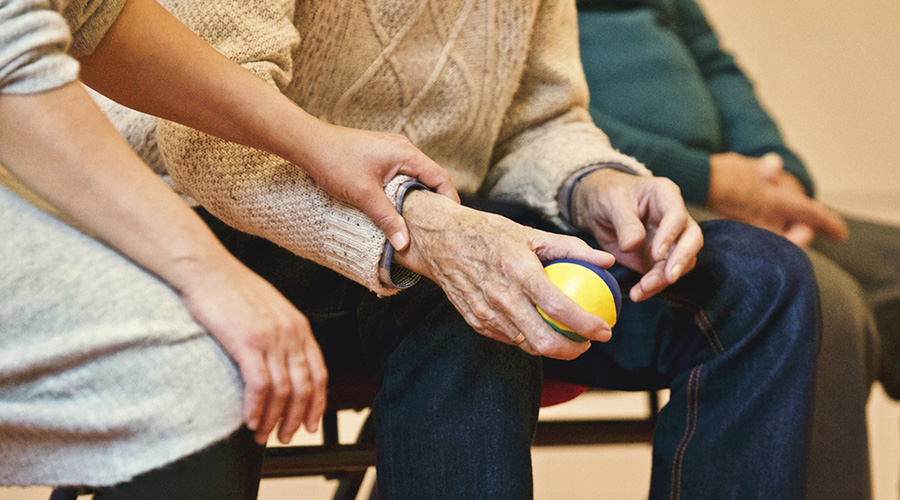
Photo by StockSnap
What are the signs and symptoms of Parkinson’s Disease?
There are classical signs to look out for in Parkinson’s. People who suffer from the condition will have some, if not all of them:
- Tremor During Movement
- Slow Movement
- Shuffling Gait
- Difficulty in Walking
- Muscle Rigidity
Later stages of the condition come with more symptoms:
- Memory Loss
- Muscle Cramps
- Sexual Dysfunction
- Loss of Bladder Control
- Loss of Smell
- Body Temperature Imbalance
- Difficulty in Sleeping, Chewing and Swallowing
- Slurred Speech
Is there a cure for Parkinson’s Disease?
There is no known cure yet, however the symptoms and effects of Parkinson’s can be managed with varying degrees of results. Usually, this depends on the stage of the disease. Drugs and physiotherapy have been the main stay but more can be done. As we will see, Parkinson’s disease affects much more than the physical body. The mind is also a victim of this condition.
Sadly, much less attention and care have been paid to this aspect in comparison with treatments for bodily symptoms. It is possible that this is so because fewer conversations are had about it but this year, the Parkinson’s disease awareness takes a different shift.
AWARENESS 2021
April 11 is World Parkinson’s day and April 11 – 17 has been set out as the Parkinson’s Awareness week. This year’s awareness comes with the theme “MENTAL HEALTH IN PARKINSON’S”. People living with Parkinson’s disease go through significant life changes so much so that it sometimes leaves a scar on them mentally.
For example, 1 in every 2 persons with Parkinson’s has suffered from anxiety or depression at some point in their lives because of the condition itself. That is a significant number and with 5 million people going through depression or anxiety as a secondary challenge , it calls for more awareness and a solution.
Although Parkinson’s disease cannot be cured but only managed at best, this accompanying depression and anxiety can however be treated effectively. The awareness is an avenue to also raise funds that can be used for this purpose as well as for research to find a possible cure for Parkinson’s disease.
During the course of the awareness, we try to examine how deeply the lockdown over the past one year has affected the lives of these people.
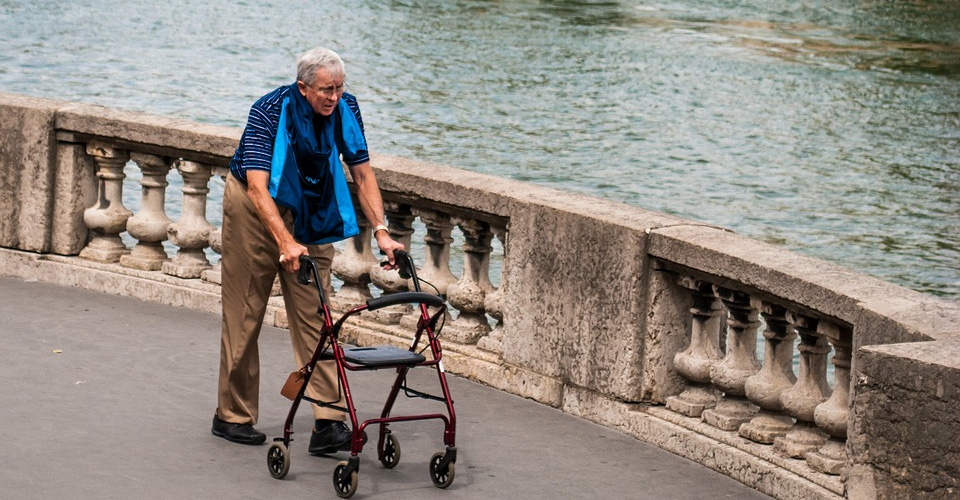
Photo by Nuno Lopezs on Pixabay
Reduced Access to Care
People with Parkinson’s disease require a lot of medical care and attention. However, the lockdown has made access to healthcare system difficult. Many have been unable to have refills and prescriptions for their condition. Others have also increasingly faced long waiting lines and triaging for complications from their condition.
Increased Isolation and Loneliness
Furthermore, the “lockdown loneliness”, caused by the restrictions in movement, has led to more people slipping into depression. Family and friends have had greater challenges during this period with being present and interacting with their loved ones who have Parkinson’s disease.
It is not enough to know that Parkinson’s disease exists. It is equally important to understand that people living with this condition have other challenges to deal with - challenges like depression and anxiety and that there is a role we can all play in helping them through this path.
HOW WE CAN SHOW SUPPORT
Increased Interaction
With the easing off of the instituted lockdown measures and subsequent return of life to near normalcy, people can now move around. Although there are still guidelines in place on how to interact, it is now possible to pay visits, spend quality time with friends and family members with Parkinson’s disease, interact and get involved in their lives.
This is one of the ways to help deal with depression and anxiety; by having the assurance that they have the support of the people that matter in their lives to go through this journey with them.

Photo by Katt Yukawa on Unsplash
Donate to the Cause
There are legitimate platforms and foundations that will be raising funds this period. Usually, these funds are mostly channeled into medical research in search for a cure for Parkinson’s disease. Sometimes, the funds are used for other related projects. Donating to such causes helps considerably in the battle against Parkinson’s disease.
Perhaps not today but in the near future, there is hope that a more lasting solution - a cure even - will be found and Parkinson’s disease will become a thing of the past.
